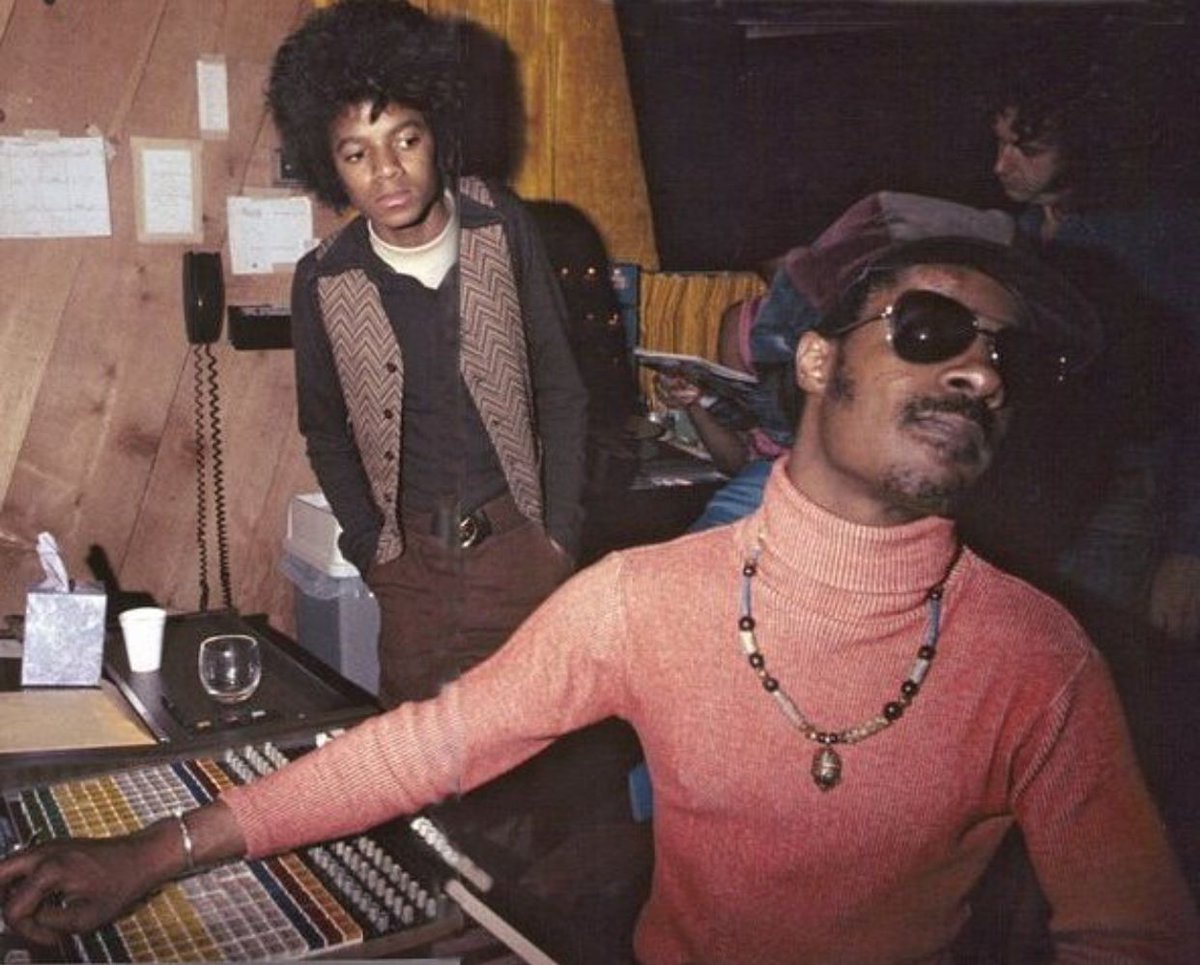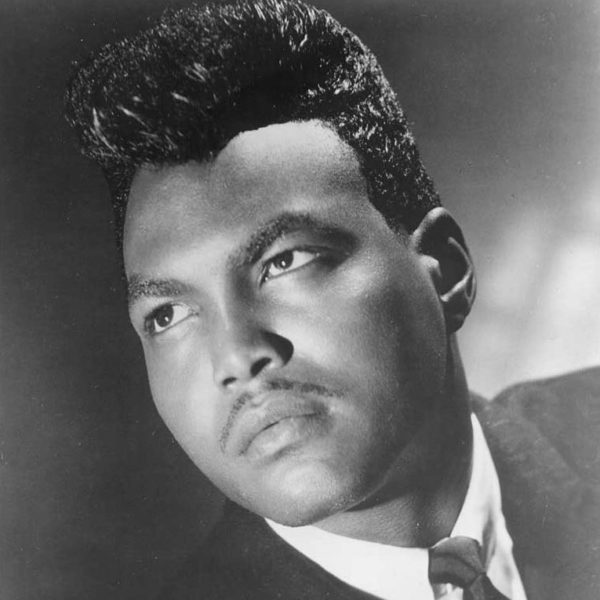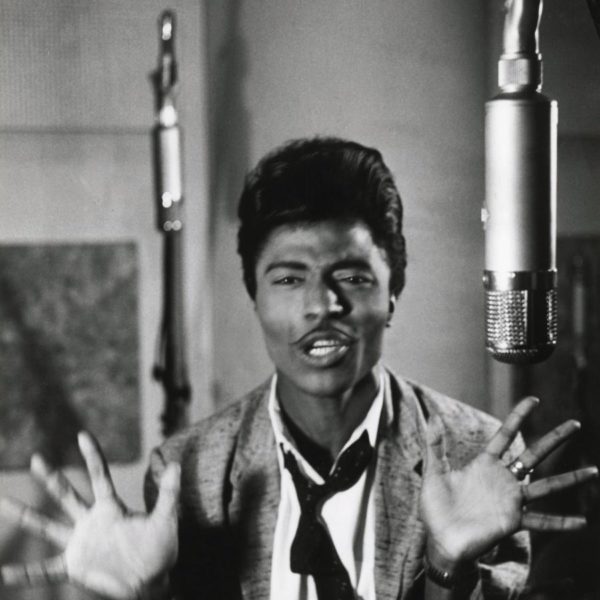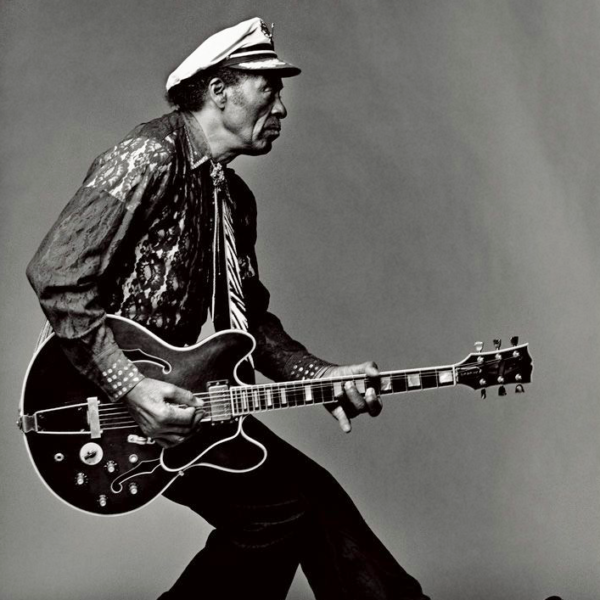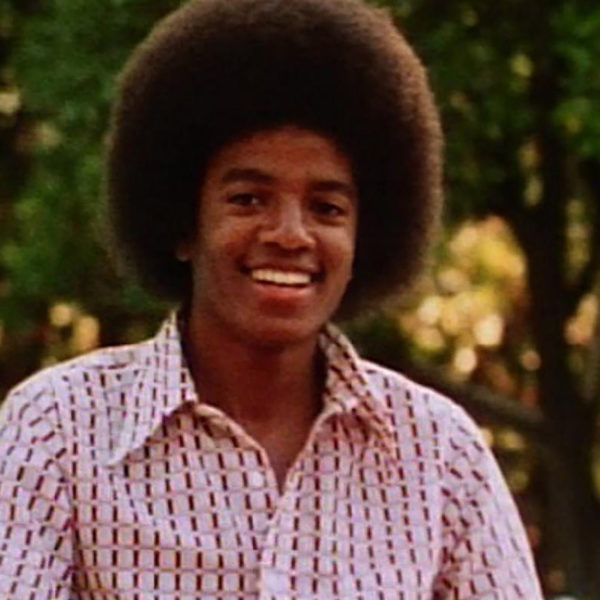When I was growing up, I wasn’t allowed to eat “sugar cereals”. Before you think to yourself, “Big deal!” let me give you some context. I was born in the late 1970s, which placed me precisely at the onset of the 1980s cereal craze, when Smurf-Berry Crunch and Count Chocula were all the rage. Even Mr. T had a cereal, and I so wanted to be on “The team that knows how cool breakfast can be.”
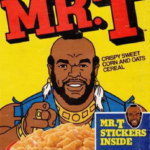 While my friends were comparing FD&C Yellow #6-inspired tongue shades, my siblings and I were counting ingredients on the narrow side of cereal boxes — my mom had tolerance for only about five or six of them — trying to appeal to her sense of reason by desperately attempting to convince her why our cereal requests weren’t “too bad.” Our efforts thwarted, Shredded Wheat or Raisin Bran it was, with the occasional Rice Krispies for good measure [enter eye roll here]. The sweetness came from some stiff, raw, organic honey that was purchased at the Hipster Park Slope Food Coop (sorry, I couldn’t resist a good Brooklyn gentrification jab).
While my friends were comparing FD&C Yellow #6-inspired tongue shades, my siblings and I were counting ingredients on the narrow side of cereal boxes — my mom had tolerance for only about five or six of them — trying to appeal to her sense of reason by desperately attempting to convince her why our cereal requests weren’t “too bad.” Our efforts thwarted, Shredded Wheat or Raisin Bran it was, with the occasional Rice Krispies for good measure [enter eye roll here]. The sweetness came from some stiff, raw, organic honey that was purchased at the Hipster Park Slope Food Coop (sorry, I couldn’t resist a good Brooklyn gentrification jab).
Needless to say, our cold cereal breakfast landscape was pretty flat. But my mom had a theory: we would make our own choices about food when we were grown. Until then, she felt it was her responsibility to give our bodies a good foundation; to expose and direct our palates toward healthier food in the hopes that we would soon inherently reach for those things, treating the bad/yummy stuff as an every-now-and-again treat that we, as a result of our acclimatized systems, wouldn’t be able to stomach on a regular basis anyhow.
It worked. Although we didn’t wait until we were adults (I snuck candy in school and my sister and I hid Apple Jacks in a locked trunk as teens . . . no, seriously), we all ultimately opted for a healthier dietary lifestyle, sprinkling our buds with the bad stuff only here and there. Mom’s mission: accomplished.
Now a parent too, I find myself using my mom’s winning formula in many areas of my childrearing — most specifically with music. When I was growing up, good music wasn’t hard to come by. I’m from a profoundly musical family, but even if that weren’t the case, it was the early ’80s and video hadn’t killed the radio star quite yet. I had a pretty good stockpile of quality music to reference simply because the music that was commercial at the time was actually good, Soul Train was on the air, and innovation was still the artistic bullseye.
Nowadays . . .
When Paul McCartney collaborated with Kanye West early last year, the Twitterverse lost its proverbial wits when fans of West ignorantly praised him for shining a light on “newcomer” McCartney. “Who is Paul Mcartney [sic]?” and “This Paul McCartney guy gonna be huge!” were just a couple of the eyebrow-raising, jaw-dropping blunders that spread across the internet like wildfire — sparking outrage, laughs, and SMH-like responses from people who understood how reckless, ridiculous, and sad it was that the twenty-one-time GRAMMY® Award winner and two-time Rock and Roll Hall of Fame inductee had slipped through the cracks of American music history.
I make a point to say American history because although the British Invasion forerunners hailed from across the pond, their foundation was indisputably influenced by and dependent on Black American artists like Chuck Berry, Little Richard, Arthur Alexander, and the monster roll call of Motown masters. In the Kanye West generation of utter oblivion, this becomes a multi-layered concern, for if you don’t know the members of The Beatles, then the music they built their legacy upon — Black music — is pushed even further into the shadows, swallowed up by the abysm of crafted negligence and consequential indifference.
Ahmir Thompson aka Questlove took to Facebook soon after McCartneygate to vent his frustration on the matter, poignantly waving his finger at those of us raising young children today. “Music ain’t so magical that it will transcend and trickle down to the next generation,” he warned. “Music has to be passed down, not just left at the side of the road to be discovered.”
Well, yeah. It’s my daily mantra. The arts are as weaved into my family’s life as any of our daily routines, but the narrative is essential. Otherwise, not only will the music sit stranded on the side of the road, but the inextricable cultural context will park a seat right next to it. But it’s not solely for the purpose of my son not embarrassing me or himself on social media in ten years. The honorable act of ensuring the receipt of his cultural inheritance is a portal to self-discovery.
Sure, my son knows a Fetty Wop song or two (and as a native New Yorker born in the South Bronx at the dawn of hip hop, that does grate a bit), but more often he will quote a Michael Jackson lyric, casually sing several bars of Thelonious Monk’s intricate “Light Blue” while coloring, and look in the mirror after a haircut to gleefully report that he looks “just like Nat ‘King’ Cole.” Black culture is embedded in his everyday living, and that’s completely intentional. The key is, it’s not observed from the outside looking in through a nostalgic lens. It’s a living, breathing, circulation in the heart, mind, and soul.
It’s lessons in life: Listening to Stevie Wonder’s “Happy Birthday” ode to MLK creates an opportunity to discuss the impetus of the song, activism, courage, and artist responsibility; watching Motown 25 teaches him about artistic lineage, the embodiment of community, torch-bearing and torch-passing; seeing a documentary on Clark Terry’s inspiring lifetime of generosity helped my son to be less hard on himself while shedding his instrument, and inspired a compassion for our elderly that is now entirely and uniquely his own.
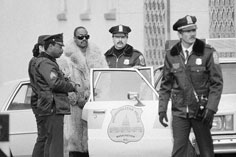 The return on my investment is completely gratifying, entertaining, and mind-blowing. When I’m on the phone with a friend and we are trying to remember the year Marvin Gaye was born, both get it wrong, but my eavesdropping seven-year-old pops in to say, “No, it’s 1939, mama!” and then nonchalantly footnotes that he shares a birthday with Sam Cooke, it’s like every bit of Christmas rolled into one brilliant moment. As Baldwin said, “Know from whence you came.” My son’s ability to discuss his history or rattle off facts is amazing. But the various ways in which he envisions and places himself in the narrative is the real prize.
The return on my investment is completely gratifying, entertaining, and mind-blowing. When I’m on the phone with a friend and we are trying to remember the year Marvin Gaye was born, both get it wrong, but my eavesdropping seven-year-old pops in to say, “No, it’s 1939, mama!” and then nonchalantly footnotes that he shares a birthday with Sam Cooke, it’s like every bit of Christmas rolled into one brilliant moment. As Baldwin said, “Know from whence you came.” My son’s ability to discuss his history or rattle off facts is amazing. But the various ways in which he envisions and places himself in the narrative is the real prize.
There is a “back in my day” reflex that attaches itself to every parent in some way, and how we embrace it, balance it, or resist it is a deeply personal decision and experience. Still, I think what my son and I have in common is an organic, innate interest in what came before us, with chronological sequence for chronological sequence’s sake being quite moot.
When I lived with my grandparents as a child, I’d often be left to entertain myself. A journalist at heart, I used a broken-down tape recorder that had the best sound to interview my grandparents, asking a ton of questions and making on-the-fly requests. On one of the cassettes, I’m heard asking my grandmother, born in 1920, about the songs her mother would sing to her. While she recalls a Tin Pan Alley tune or two, you can hear Michael Jackson faintly in the background singing “Man in the Mirror” from the 1988 film Moonwalker, which I had popped into the VCR moments earlier. Later that afternoon, I might take her portable suitcase record player downstairs to listen to Sam Cooke’s 1956 recording of “Touch the Hem of His Garment”. After that, I might pop a cassette from De La Soul, Slick Rick, or Al B. Sure into the same rickety tape player. It was all mystical to me, and release dates were not only inconsequential, they weren’t something to contemplate in the first place.
I’m grateful that my son inherited the piece of my DNA which seeks out the beauty and mysteries of his culture. There is a consistent and rotating buffet of greatness that I present with a tremendous deal of conviction, and personally, there’s no way I can do it starting with the likes of the aforementioned Fetty Wop. It becomes that much more complex when at every turn my son hears, — against my will and despite my best efforts, — a barrage of violent and misogynistic sentiments bellowing over grossly uninspired music production, which sounds more and more like Freddy Krueger entrance cues than actual songs. Like those untainted cereals my mom served us, that buffet of quality I’m providing isn’t capsulized in a specific place and time, but rather sets a benchmark for my son as he navigates through the often rough music terrain of today, where he still finds himself victorious in plucking out the gems on his own. It’s a little tougher to do in 2016, but once the palate has been turned on to greatness… his greatness… the rest is history – — past and in the making.
